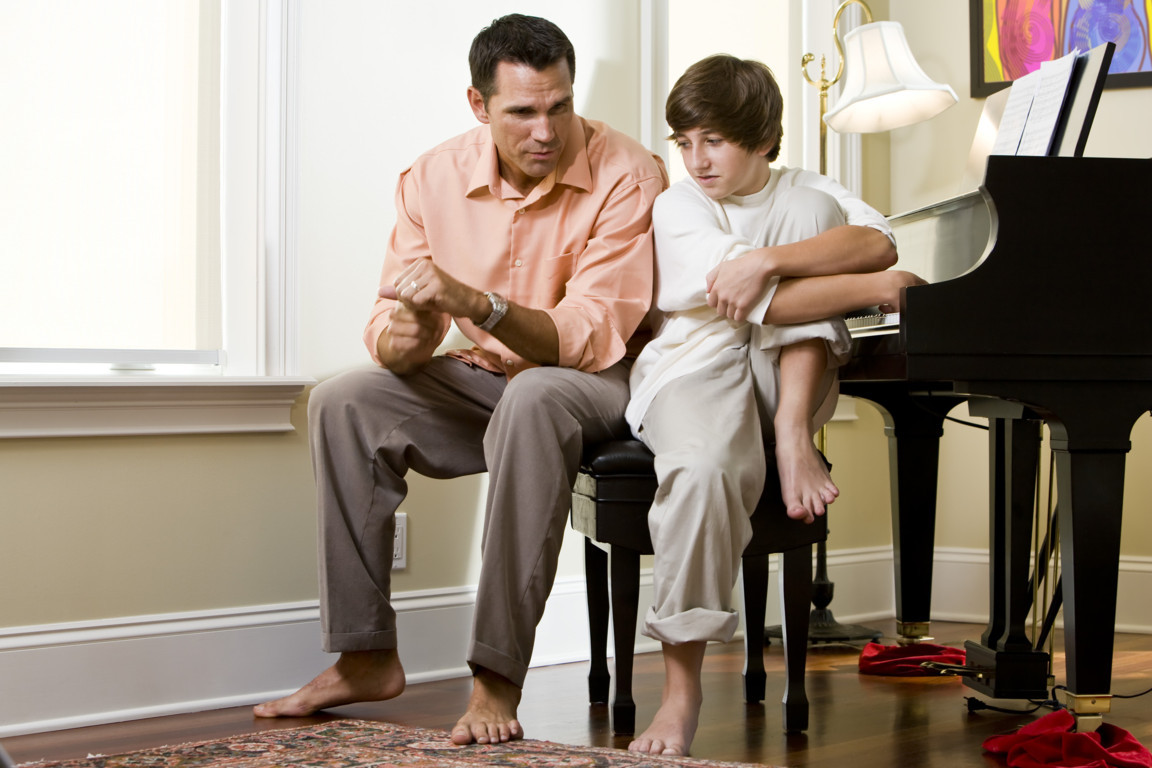
Good touch Bad touch – Teach children as early as Possible
by Yash Saboo November 1 2017, 4:57 pm Estimated Reading Time: 3 mins, 5 secsA lot of people have opened up on social media about their sexual abuse experiences after Harvey Weinstein's scandal broke. While men and women continue to share their traumatic experiences, the constant news coverage may prompt many young people to wonder how they fit into the conversation.
Your daughter has a one in four chance and your son a one in six chance of being molested before the age of 18. According to a study reported by TIME magazine, gender non-conforming children assigned male at birth are “nearly three times as likely to suffer sexual abuse in childhood compared with gender-typical boys” while gender non-conforming children assigned female at birth are “60% more likely to be abused sexually than conforming girls.” Children with disabilities are 2.9 times more likely than children without disabilities to be sexually abused.

It can be stressful to plan a big safety talk about sexual abuse with your kid. The good news is, you don’t have to. Conversations about sexual abuse can be a part of the safety conversations you’re already having, like knowing when to speak up, how to take care of friends, and listening to your gut. The key is to start these conversations when your kids are young and have these conversations often.
We have to start talking to children really early about consent. It’s important to let children know they are allowed to say “no” to touches that make them uncomfortable. This message isn’t obvious to children, who are often taught to be obedient and follow the rules.
When talking with kids about child sexual abuse, use examples and situations that make that really clear. (For example, "What if you are at a friend’s house and her older brother asks you to play a game that makes you feel weird or uncomfortable or involves something like touching or taking off your clothes?" "Sometimes relatives, like grandparents or uncles or cousins, don't understand the rules and touch kids in ways they’re not supposed to. If that ever happens, be sure to tell Mom or Dad or another adult you trust so that we can help that person learn the rules.")
Young children often fear to get in trouble or upsetting their parents by asking questions or talking about their experiences. Be a safe place for your child to share information about things that they have questions about or that make them uncomfortable. Remind them they won’t be punished for sharing this information with you.
If your kid comes to you with something they feel is important, take the time to listen. Give them your undivided attention, and let them know you take their concerns seriously. They may be more likely to come to you in the future if they know their voice is heard.
Use the media to make it relevant. Ask your teen’s opinion on something happening on social media, in the news, in a new movie, or on a popular TV show. You could even watch an episode with them and ask to follow up questions. Asking their opinion shows them that you value their point of view and opens up the door for more conversation.
And lastly, talking about how to be a good friend can be a powerful way of expressing to your teen that you trust them to do the right thing without sounding like you’re targeting their personal behaviour. It also gives you the chance to communicate safety practices they may not otherwise be receptive to.
Sources:
- https://www.rainn.org/articles/talking-your-kids-about-sexual-assault
- http://www.stopitnow.org/ohc-content/tip-sheet-8
- https://everydayfeminism.com/2014/02/10-ways-to-talk-to-your-kids-about-sexual-abuse/




-173X130.jpg)

-173X130.jpg)
-173X130.jpg)


-173X130.jpg)
-173X130.jpg)